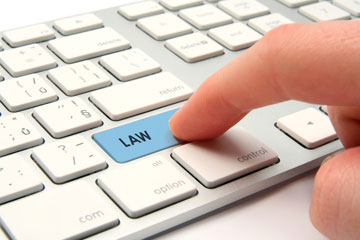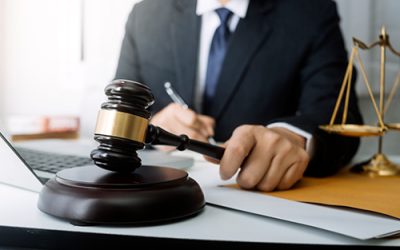
A deposition is an out-of-court procedure and takes place before the trial. It is usually conducted in the attorney’s office and the session is recorded and transcribed for the court to examine what is being said. A professional legal transcription company can provide accurate transcripts of depositions in any format for future use, and this will help reduce the burden of transcription in the lawyer’s office and improve their workflow.
Importance of Depositions
A deposition refers to the formal statements under oath from key witnesses that are recorded for reference. Transcription of deposition is an important process in civil and criminal litigation.
- It helps to identify and point out any contradiction between the testimony given by the witness at the deposition and at the trial or the variance between the deposition testimony and the emerging evidence.
- The deposition transcript is valuable enough to be capable of replacing the live testimony of the witness at the trial if the witness cannot be present in court.
- Attorneys depend on deposition transcripts to prepare and plan his/her questioning of the witness at trial.
Accurate deposition transcription is essential for the positive outcome of the case. Now let us consider the deposition itself for which attorneys must prepare appropriately and ensure that they get the information they want from witnesses. Attorneys who represent witnesses also must prepare their clients for the deposition.
Tips for Winning at Deposition
Shane Read, an adjunct law professor at Southern Methodist University’s Dedman School of Law, wrote a book “Winning at Deposition” which won the highest publication award for professional excellence from the Association for Continuing Legal Education. He suggests some tips to win at deposition.
- Understand the case: Before going for deposition, lawyers must study the case thoroughly and identify the bottom-line message.
- Know the law: Attorneys have a good idea about the facts that they need to win the case but that is not enough, it is also important to know the facts they need to prove the claim.
Listen carefully and establish control over experts: It is important to carefully listen to the witness to ensure that all the questions are answered correctly. Expert witnesses can sense whether the attorney is going to find the weaknesses in their opinion. Usually experts have assumptions about the case. But it is important to change the assumptions to arrive at a different opinion.
- Prepare your witness: Most often attorneys prepare their witnesses 30 or 40 minutes before the deposition and they believe that if the witness does not perform well they can correct them later. But this is not the correct procedure. Deposition is as important as trial testimony.
- Analyze the case from different angles: An attorney should always look at the case from different angles since this helps to find out more important points and also to be prepared for any kind of questions from the opposing attorney.
- Scrutinize the deposition: It is important to scrutinize the deposition thoroughly. Often attorneys do not spend much time to go through the deposition completely. The best thing is to find the most important answers and use those at trial.
- Present the case in a compelling way: This is very important if you are to win the case. Special care must be taken not to get lost in the factual details because this can camouflage the emotional aspects of the case.
- Overcome obstacles: Attorneys must frame their questions in such a manner that they can get the answers they are looking for. A major obstacle is when the witness won’t answer the question. The key is to ask short questions and repeat the question again and again until the witnesses reply.
Depositions are a vital part of attorneys’ discovery plan and this makes deposition transcription very important. The transcripts prepared ensure that the attorney’s hard work preparing and taking the deposition pays off, and the attorney and his/her client benefits from it.

 Listen carefully and establish control over experts: It is important to carefully listen to the witness to ensure that all the questions are answered correctly. Expert witnesses can sense whether the attorney is going to find the weaknesses in their opinion. Usually experts have assumptions about the case. But it is important to change the assumptions to arrive at a different opinion.
Listen carefully and establish control over experts: It is important to carefully listen to the witness to ensure that all the questions are answered correctly. Expert witnesses can sense whether the attorney is going to find the weaknesses in their opinion. Usually experts have assumptions about the case. But it is important to change the assumptions to arrive at a different opinion.

